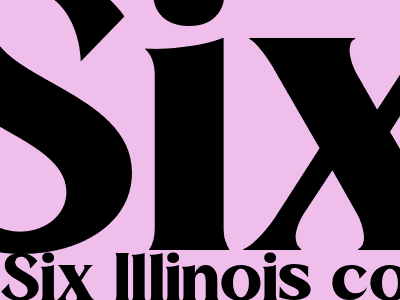
Six Illinois Counties Consider Splitting from Cook County
Cook County's High Taxes and Crime Drive Secession Movement
Six counties in Illinois are exploring the possibility of seceding from Cook County, citing high taxes and crime rates as their primary motivations. The counties involved are DuPage, Kane, McHenry, Will, Lake, and Kendall. Together, these counties represent over 4 million residents, or about one-third of Illinois' population.
The movement to secede from Cook County has been gaining momentum in recent years, as residents have grown increasingly frustrated with the county's high property taxes and violent crime rates. According to a recent study by the Tax Foundation, Cook County has the highest property taxes in the nation, with an average effective rate of 2.3%. The county is also home to some of the most dangerous cities in the country, including Chicago, which has been plagued by a surge in homicides in recent years.
Counties Cite High Taxes, Crime as Reasons for Split
The six counties that are considering secession say that they are tired of paying high taxes to support Cook County's social services and criminal justice system, while receiving little in return. They argue that they could provide better services for their residents by forming their own county.
The secession movement has been met with mixed reactions. Some residents support the idea, saying that it would allow them to have more control over their local government and reduce their tax burden. Others are opposed to secession, arguing that it would divide the state and make it more difficult to provide essential services.
Secession Would Require Approval from State Legislature
If the six counties decide to secede from Cook County, they would need to get approval from the Illinois state legislature. The legislature would then need to pass a bill creating a new county for the six counties.
The secession movement is still in its early stages, and it is unclear whether the six counties will ultimately decide to secede from Cook County. However, the movement has gained significant momentum in recent years, and it is likely to continue to be a major issue in Illinois politics for the foreseeable future.